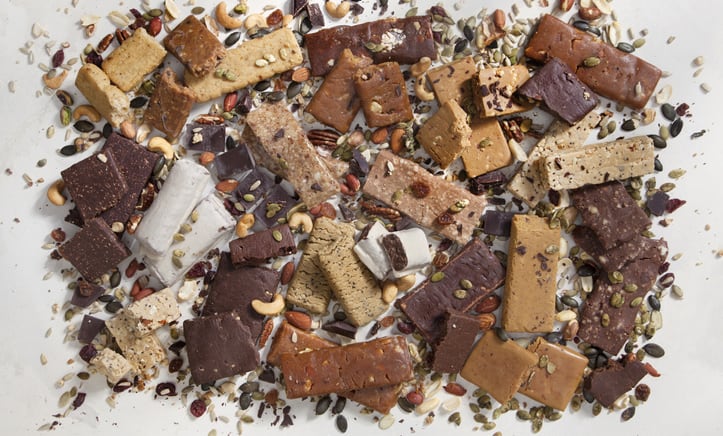According to the government’s recently-announced ‘Economic Policy Direction for the Second Half of the Year’ strategy, food companies manufacturing products using grains will be a main target to receive tax and monetary support considering the recent increase in international grain prices.
“[International] prices of wheat, soybeans, and corn are still higher than in previous years, and there are uncertain factors such as crop conditions in major countries such as the United States and South America [hence measures have been implemented to protect the local industry],” said the South Korean Ministry of Agriculture, Food and Rural Affairs (MAFRA) via a formal statement.
“[The government will] strengthen financial support for the sector, such as increasing the amount of support to food manufacturers to purchase raw materials to produce their products to KRW124bn (US$107.7mn) this year.
“In response to the recent rise in international grain prices, tax deduction limits [for firms purchasing raw materials] will be raised to 40% in 2021, as opposed to the normal deduction limit of 30%. A review is ongoing to extend this until 2023, and also to extend the application deadlines for food firms to get special exemptions on tax-free agricultural products.”
In addition, inter-ministerial collaborations have been put in place to import international grain import procedures and cut interest rates on raw materials for food manufacturing firms.
“From a longer-term perspective, mid- to long-term measures [are needed] considering Korea's weak production base,” said the statement.
“[These include] securing an overseas supply chain, expanding domestic stockpiles in preparation for not only rising prices but also supply and demand instability, and [there is a strong need for] public-private cooperation.”
For smaller food firms, the strategy also highlighted the establishment of a ‘local-based win-win’ crowdfunding pilot, where local residents will be encouraged to directly invest in local small businesses to revitalize local markets.
Children’s food safety focus
In separate documentation, the government also announced food safety plans for the second half of 2021 with a strong emphasis on children’s food.
Following on from food safety plans from the first half of the year where meat imports and processing were the main focal points, in the second half of the year the South Korean Ministry of Food and Drug Safety (MFDS) has pledged to improve children’s food safety and diets.
“Starting from July 2021, we will be taking steps to ensure all food establishments making and selling children’s favourite foods label the foods with both nutritional information and allergen information – this will be a mandatory requirement,” said MFDS.
“In addition, by December 2021 we also aim to have children’s meal management support centres installed across the country, where registration will also be mandatory and nutritionists will be made available to offer dietary guidance.”
South Korea has long placed emphasis on children’s diets – it is one of the only countries in Asia to restrict television advertising of high-calorie, low nutrition ‘junk’ foods to children under the Special Act on Safety Management of Children's Dietary Life, and recently also published a list of some 3,000 products banned from being sold on school grounds for being too high-calorie low-nutrition or high in caffeine.





